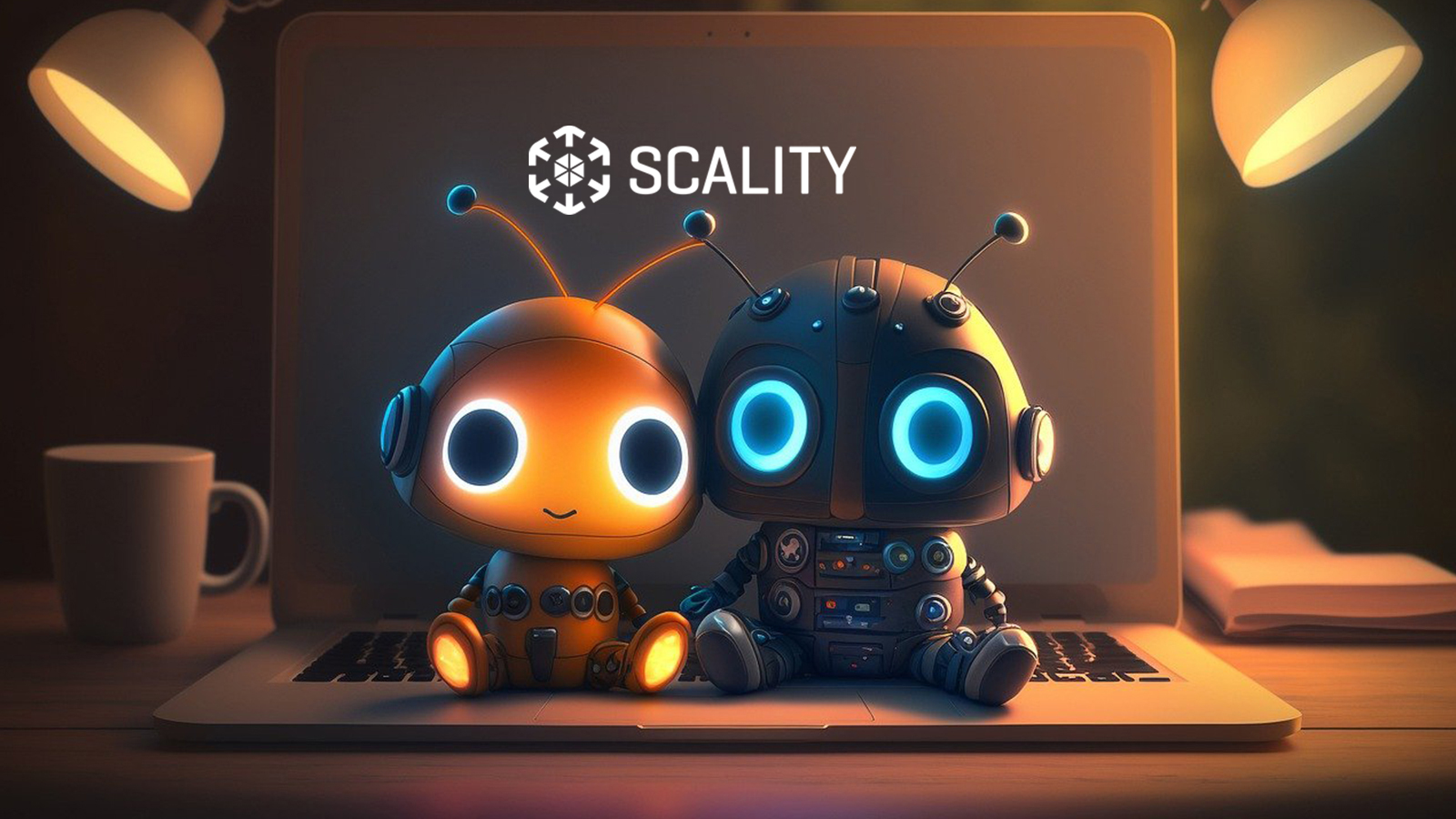HCLTech trades flat after ransomware attack on cloud project
HCL Technologies said a detailed investigation is underway in consultation with relevant stakeholders to assess the root cause and take remedial action as necessary.
IT services major HCL Technologies traded flat at Rs 1,500 per share on December 20 morning deals after the company faced a ransomware incident within a restricted cloud environment associated with one of its projects.
“HCLTech has become aware of a ransomware incident in an isolated cloud environment for one of its projects. There has been no impact observed due to this incident on the overall HCLTech network,” the IT company said in a stock exchange filing on December 20.
Cybersecurity and data protection is a top priority for HCLTech. A detailed investigation is underway in consultation with relevant stakeholders to assess the root cause and take remedial action as necessary, it added.
Follow our market blog to catch all the live updates
Following a significant 10 percent increase in the span of three trading sessions, HCL Technologies has been downgraded by Kotak Institutional Equities on December 19. The brokerage firm has taken this step due to its perception of limited potential for further gains. Furthermore, Kotak has revised its rating on HCL Technologies, downgrading it from ‘Buy’ to ‘Add’.
Last week, HCL Technologies, India’s No. 3 software-services exporter, entered an exclusive group of companies with a market capitalisation (market-cap) of Rs 4 lakh crore.
In a filing to the stock exchange on December 14, HCL Technologies announced that it has secured a contract from the Department of Transport and Planning in Victoria, Australia. The agreement involves the development and support of a Concessions Entitlement Validation Platform (CEVP).
The platform aims to automate the concession entitlement process for public transport users, providing instant proof of concession entitlement and a passenger interface for applying for and managing concession entitlement. The financial details of the deal were not disclosed.
HCL Technologies cut its revenue forecast for the current financial year in October, attributing the adjustment to weaker-than-expected…


 HDDs will live on, despite predictions of a premature death
HDDs will live on, despite predictions of a premature death


 2
2